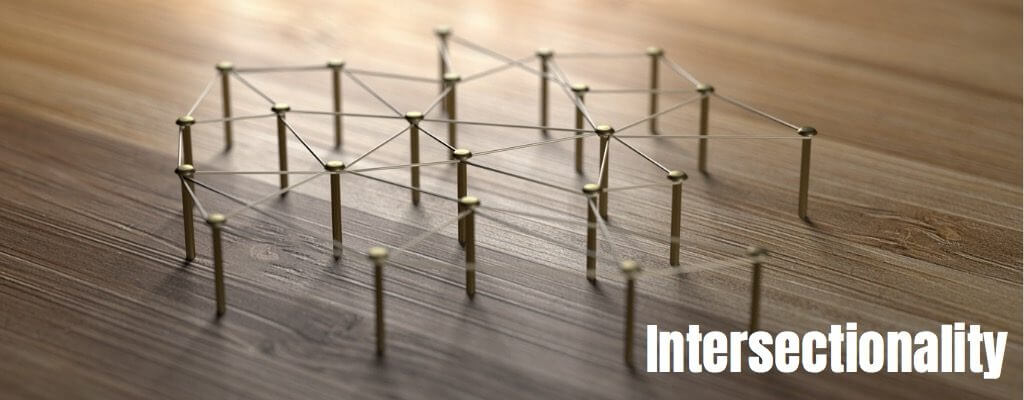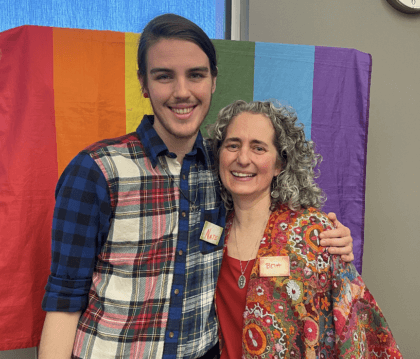Intersectionality

As Unitarian Universalists, our faith commits us to justice. As part of this commitment, we respect the interdependent web of all existence, from water and air to our sources of nourishment and our pets to our grandmothers and neighbors – and everything else in between. Sadly, an unfortunate offshoot of the interdependent web is intersectional oppression. As members of the Prairie Justice League, we conscientiously strive to improve our awareness and understanding of intersectional oppression to help us grow spiritually and to make our justice work more effective.
What exactly is intersectional oppression, or intersectionality? While it is a term that is increasingly making an appearance in mainstream conversation, not everyone is familiar with its origins. Essentially, it is a theory put forth by prominent scholars that states that oppressive institutions such as racism, classism, sexism/patriarchy, homophobia, transphobia, xenophobia, ageism, and ableism are inextricably interconnected and cannot effectively be examined or challenged independently from each other.
Due to this complexity and the grassroots nature of the Prairie Justice League, we elected to focus our efforts on two justice issues in particular: racial justice and mental wellness. Based on our analysis, we felt strongly that these two areas crossed paths – intersected – with virtually all other avenues of social justice, and by focusing on justice issues surrounding racism and mental wellness, we might be able to affect change as broadly as possible.

